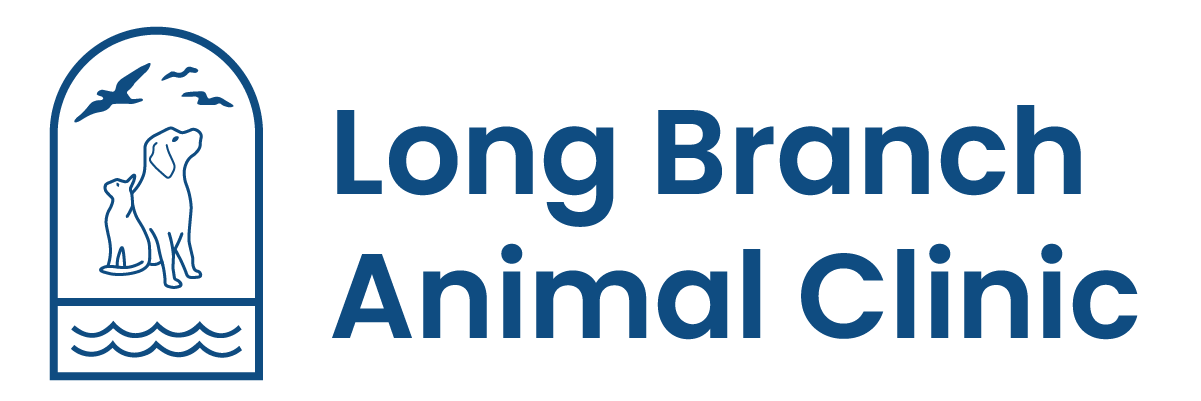Chronic Kidney Disease (CKD)
Dietary management is critical
Chronic Kidney Disease has exacting nutritional demands. Feeding a specific veterinary therapeutic diet designed to manage all its aspects is strongly recommended. These diets are only available through your veterinarian. Diets for stages II- stages IV kidney disease have controlled yet highly digestible protein content and a low phosphate content. Many of the toxic products that accumulate in the blood in CKD are a result of protein breakdown. In most cases with sufficient care and time, cats can be very successfully transitioned to a new diet, and as this is such an important part of managing CKD it is worth taking the time to do this properly.
Managing the change to a new diet
Cats will often develop a strong preference for particular diets. This means that changing cats to an appropriate therapeutic diet can sometimes be difficult.

These tips may help.
Always make a change in diet gradual - per several days at least and sometimes over a few weeks if your cat is quite fussy
Start by mixing a very small amount of the new food with your cats old food, and make sure it is well mixed
Only increase the amount of the new food slowly, once your cat is happy to eat the old mixture. Make each step where you replace old food with a greater amount of new food slow
Warming the food to body temperature may help increase the palatability
If necessary, talk to your vet about using drugs to increase the appetite to make the transition easier.
Medical Management of CKD
Supplements
These include the addition of anti-oxidants to protect the kidneys against further damage, essential fatty acids to help maintain blood flow through the kidneys and reduce inflammation, added potassium to prevent hypokalaemia (low blood potassium), and added bicarbonate (or similar) to help prevent acidosis (a build up of acid in the body which can also occur in CKD). Vitamin B12 injections to help prevent deficiency and the related appetite loss and lethargy.
Treatment of anemia
In advanced CKD, anemia is common. This may be due to lack of production of a hormone by the kidneys (erythropoietin or EPO) that stimulates production of red blood cells in the bone marrow, but can also be due to other factors (such as loss of blood in the intestines). Severe anemia can cause lethargy and weakness and a poor quality of life. Depending on its cause and severity, a number of treatment options may be available to manage anemia including anabolic steroids, iron supplementation, management of any gastrointestinal ulcers and in some cases supplementation with EPO.
Managing dehydration
Using a canned rather than dry diet is important to increase water intake in cats with CKD, but sometimes they still cannot consume enough water to compensate for what is being lost in the urine. In these cases, additional measures need to be taken. Intermittent intravenous fluid therapy in hospital and or intermittent sub-cutaneous fluid therapy which can be given at the clinic or at home.
Controlling blood pressure
Cats with CKD are at risk of developing high blood pressure (hypertension). This can have a number of damaging effects, including blindness and worsening of the disease. Blood pressure should be monitored in all cats with CKD and where hypertension is found it should be treated. This is usually achieved with a group of drugs known as 'vasodilators'.
Phosphate binders
If blood phosphate concentrations remain high despite being on a low phosphate diet, further treatment with drugs known as 'phosphate binders' to reduce the amount of phosphate absorbed from the intestine is indicated.
Treatment of nausea and vomiting
Nausea and vomiting are more common in advanced CKD and can cause inappetence and significantly affect the quality of life. Various drugs can be used to control these signs.
Supporting blood flow through the kidneys
Blocking activation of a hormone known as angiotensin may be of benefit. This can be achieved by using 'ACE-inhibitors' (angiotensin converting enzyme inhibitors). These drugs are vasodilators (dilate blood vessels) and help to support blood flow through the kidneys, and may help to lower blood pressure in cats, and also significantly reduce protein loss through the kidneys.
What is the prognosis for cats with CKD?
Many cats live multiple years when the disease is managed appropriately. Unfortunately the disease is usually progressive and over time and will lead to the need for euthanasia. The rate of progression varies considerably between individuals and appropriate support and treatment can both increase the quality of life and slow the progression.



